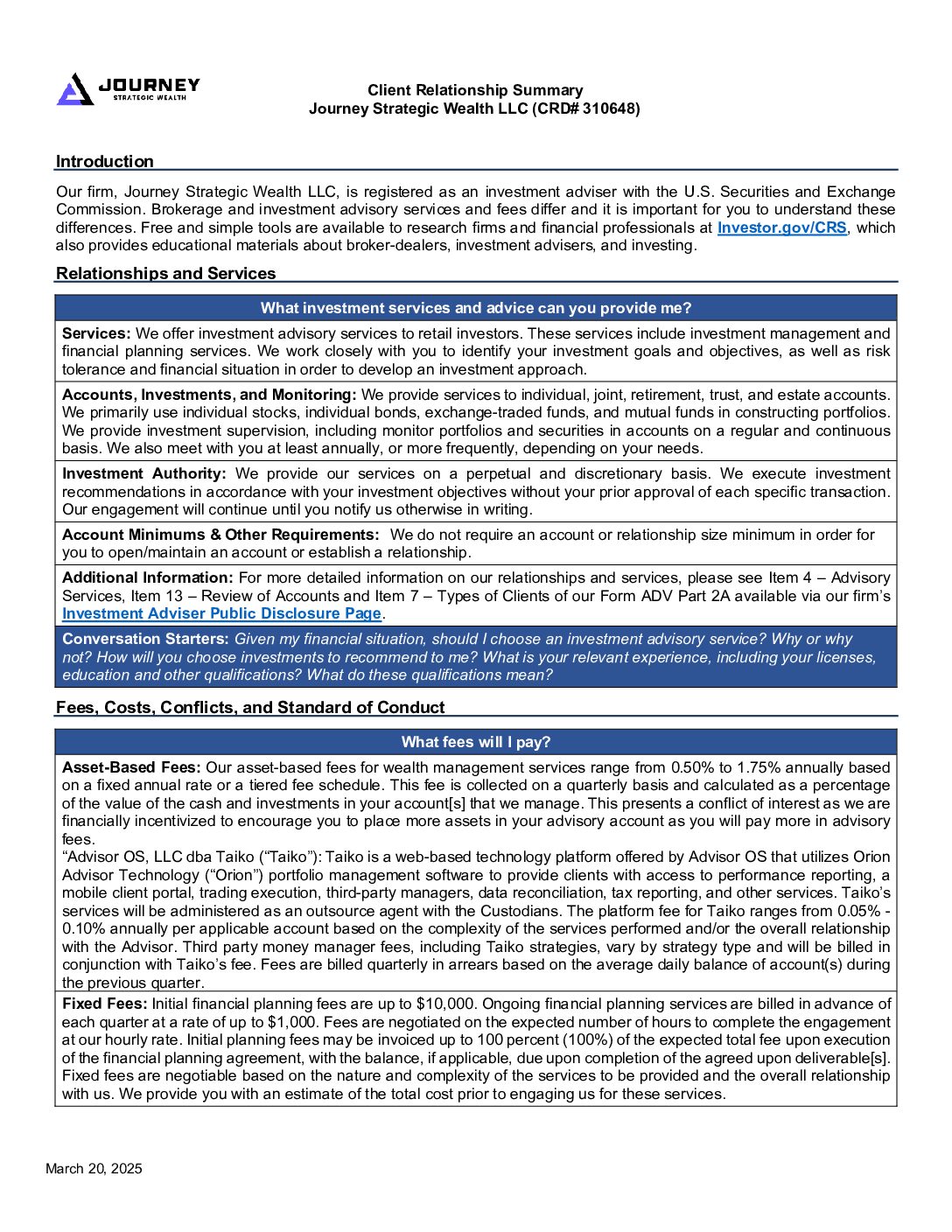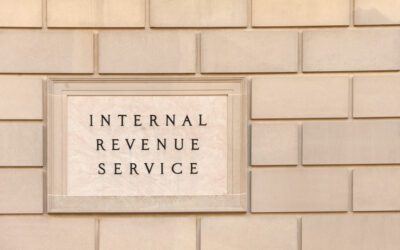Building a Philanthropic Legacy: Charitable Giving Strategies for New Jersey’s High Earners
There may come a time when you and your family achieve a certain sense of financial peace of mind. Your bills are paid, your emergency fund is full, and now you’re interested in putting your discretionary funds toward a new fulfilling endeavor. Many high earners enjoy giving back to their community by donating to local clubs, participating in fundraising events, and more. But did you know that with some planning and consideration, both you and your donees could get more out of your charitable contributions now and in the future?
The key is to incorporate philanthropy into your larger financial plan. Here’s why planning is important, and three strategies you may want to consider pursuing with your advisor.
Why Does Philanthropy Require Planning?
If you want to take full advantage of the benefits of charitable giving (both for you and your charity of choice), you’ll want to build and execute a charitable giving strategy. Doing so will enable you to:
Maximize the Impact of Your Giving
Building a philanthropic legacy will require more planning and consideration than simply donating to your local 5k fundraiser or supporting your community’s soccer league (though you should still give to those local causes important to you). But when you develop a thoughtful, long-term giving plan, you can make more meaningful contributions to your favorite charities over a longer period of time.
Reap the Tax Benefits
You’ve likely heard before that charitable contributions are tax-deductible, but there’s an important caveat here to consider. Yes, you may deduct them from your taxes, but only if you itemize deductions (as opposed to taking the standard deduction). For this reason, being able to benefit from the charitable deduction tax break will require some planning ahead (unless your family tends to itemize your taxes anyway).
Some people, for example, lump several years’ worth of charitable donations into one tax year in order to make their charitable deduction exceed the standard deduction. That way, it makes sense to itemize and claim the donations on their tax return.
As another example, retirees are allowed to donate all or a portion of their required minimum distributions (RMDs), which reduces their taxable income while satisfying the IRS’s withdrawal requirement.
Build a lasting legacy
If you’re passionate about giving back to the community, you likely want to incorporate charitable giving into your legacy in some way.
This could mean instilling the values of philanthropy into your younger family members, creating a charitable trust that can make donations beyond your lifetime, establishing a foundation, or otherwise making your mark in the community. Anything you wish to do to build your legacy will require thoughtful consideration and planning.
3 Charitable Giving Strategies to Consider
There is no single best option when it comes to selecting and executing a charitable giving strategy. Along with your team of professionals (advisor, attorney, and tax professional), consider the benefits and drawbacks of each, and build a plan that works best for you and your philanthropic goals.
Some of the most common strategies include:
#1: Donor-Advised Funds
Established through a 501(c)(3) charity (called the “sponsoring organization”), a donor-advised fund (DAF) is an account specifically designed for charitable giving. You, the donor, can make contributions to the DAF as often and as much as you like. Donations can come in the form of cash, property, stocks, bonds, and other securities. The primary advantage here is that you may take an immediate tax deduction for your contributions to a DAF.
The assets will continue to grow tax-free in the DAF until distributions are made from the fund to your recommended charities over time.
#2: Donating Appreciated Stock
Did you know you can donate appreciated assets, like stocks and bonds, directly to charity? In fact, you may be better off doing so.
When a stock appreciates, it earns capital gain. If you were to sell the stock and donate the proceeds to charity, you’d have to pay capital gain tax on the stock’s earnings (which can be as high as your ordinary income tax rate if the stock was held for less than a year). But if you opt to donate the security directly to charity, two things happen:
- You aren’t liable for paying capital gains tax on the appreciated value.
- Your charity of choice receives more money (since tax hasn’t been taken out of it).
#3: Charitable Trusts
If you’re focused on building a legacy of philanthropy after death, a charitable trust may be a suitable option—though it can be complex. Simply put, a charitable trust allows you to set aside funds or securities that you’d like to be donated to charity over time.
The two types of charitable trusts include:
1. Charitable lead trust: For a set number of years, your trust will distribute income to your charity of choice. Once that period expires, anything remaining in the trust will revert back to you or your designated beneficiaries.
2. Charitable remainder trust: Working in the opposite manner, the trust’s beneficiaries or donor receives income over a certain period of time. Once that period has ended, anything remaining is donated to charity.
Depending on how the trust is established and funded, you may still be able to enjoy some tax benefits—though you’ll want to discuss your circumstances with your attorney and tax professional first.
Interested in Establishing Your Own Legacy of Philanthropy?
If you’d like to make the most of your donations and charitable contributions, you need to find a way to incorporate your values into your greater financial plan. Book a call with our team today, and we can review your current financial standings, discuss options, and help you execute a charitable giving strategy that benefits both you and your favorite organizations.
This material is distributed for informational purposes only. Investment Advisory services offered through Journey Strategic Wealth, an investment adviser registered with the U.S. Securities and Exchange Commission (“SEC”). The views expressed are for informational purposes only and do not take into account any individual’s personal, financial, or tax considerations. Opinions expressed are subject to change without notice and are not intended as investment advice. Past performance is no guarantee of future results. Please see Journey Strategic Wealth’s Form ADV Part 2A and Form CRS for additional information.


























